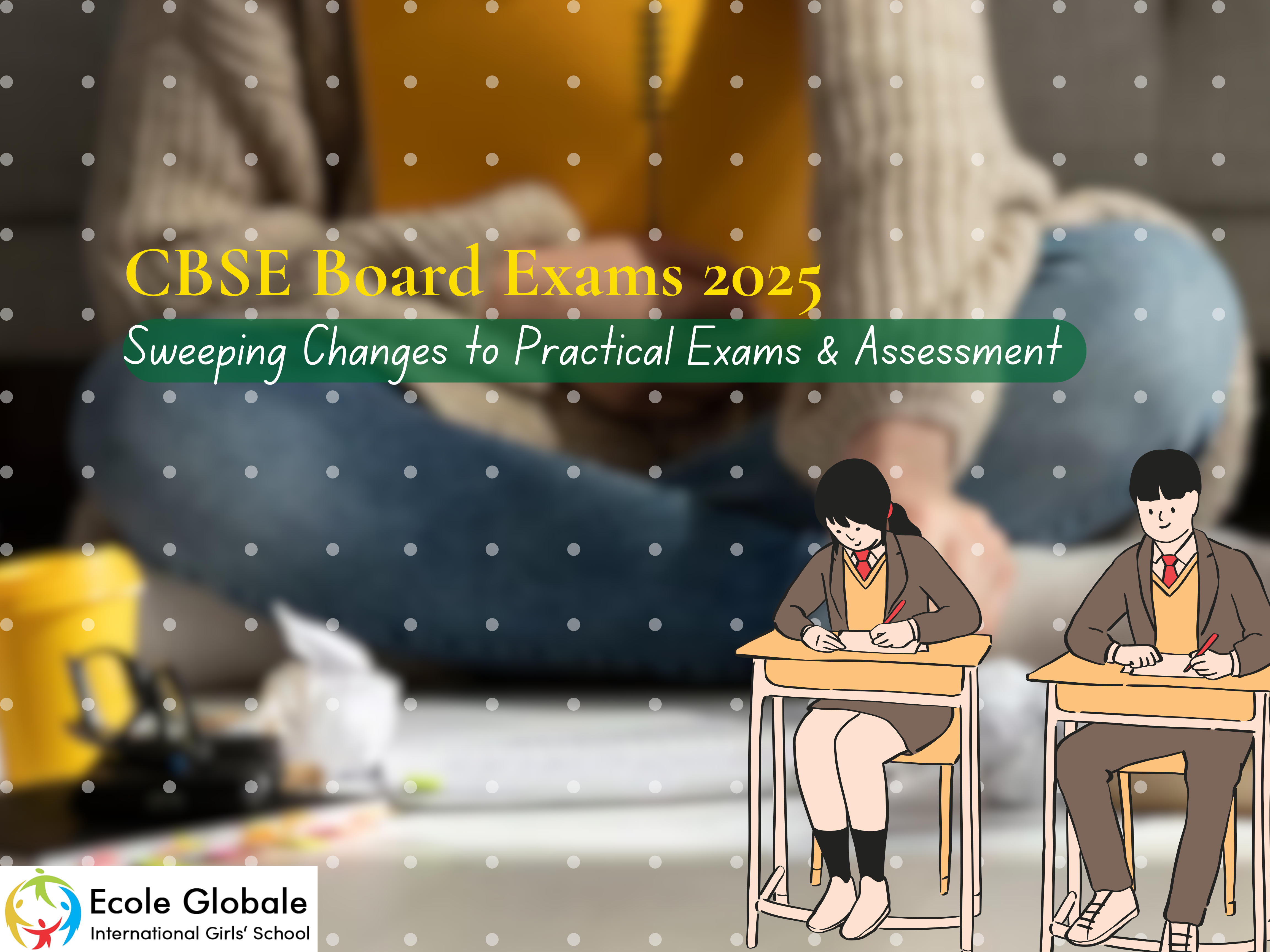The Central Board of Secondary Education (CBSE) has announced significant changes to the format and guidelines for practical exams, projects, and internal assessments for the 2025 board exams in classes 10 and 12. These updates aim to bring more uniformity, fairness, and rigor to the evaluation process.
Revised Practical Exam Guidelines
The key changes in the practical exam guidelines are:
- Increased Weightage: The practical exams, projects, and internal assessments will now contribute 40% to the final grade, up from the previous 30%. This heightened emphasis on practical learning and continuous evaluation reflects CBSE’s efforts to move away from rote memorization.
- Mandatory Attendance: Students must have a minimum of 75% attendance to be eligible to appear for the practical exams. This is a new requirement aimed at ensuring students are adequately prepared and have the necessary hands-on experience.
- Standardized Procedures: The board has issued detailed Standard Operating Procedures (SOPs) to be followed by schools for the practical exams. This includes guidelines on setting up exam centers, evaluation criteria, and mark uploading to ensure consistency across the country.
- External Examiner Oversight: Along with the internal examiner, an external examiner appointed by CBSE will also evaluate the practical exams. Both examiners will have to provide an undertaking that the marks have been uploaded correctly. This dual evaluation system is intended to enhance transparency and objectivity.
Syllabus Reduction and Open Book Exams
In addition to the practical exam changes, CBSE has announced other significant reforms for the 2025 board exams:
- Syllabus Reduction: The syllabus for classes 10 and 12 has been reduced by up to 15%. This is aimed at encouraging deeper understanding of concepts rather than rote learning.
- Open Book Exams: For select subjects, CBSE will introduce open book exams, where students will be allowed to refer to their textbooks and notes during the theory examination. This shift is expected to test higher-order thinking skills rather than just factual recall.
- Competency-based Questions: The new exam pattern will feature more competency-based questions that assess a student’s practical application of knowledge, rather than just their ability to memorize information. The number of constructed response questions has been reduced by 10% compared to previous years.
These sweeping changes underscore CBSE’s commitment to transforming the board exam system from a high-stakes, memorization-focused exercise to a more holistic and competency-driven assessment. The increased emphasis on practical learning, reduced syllabus, and open book exams are expected to better prepare students for the challenges of the 21st century.
However, the success of these reforms will depend on their effective implementation by schools in Dehradun and the ability of the education system to adapt to these new assessment models. Continuous monitoring and feedback from stakeholders will be crucial to ensure these changes achieve the desired outcomes









